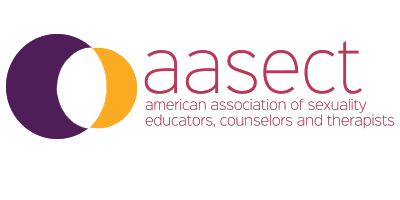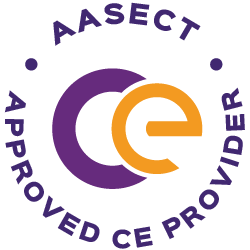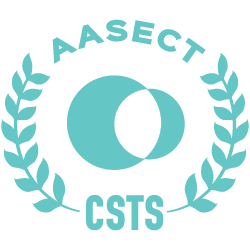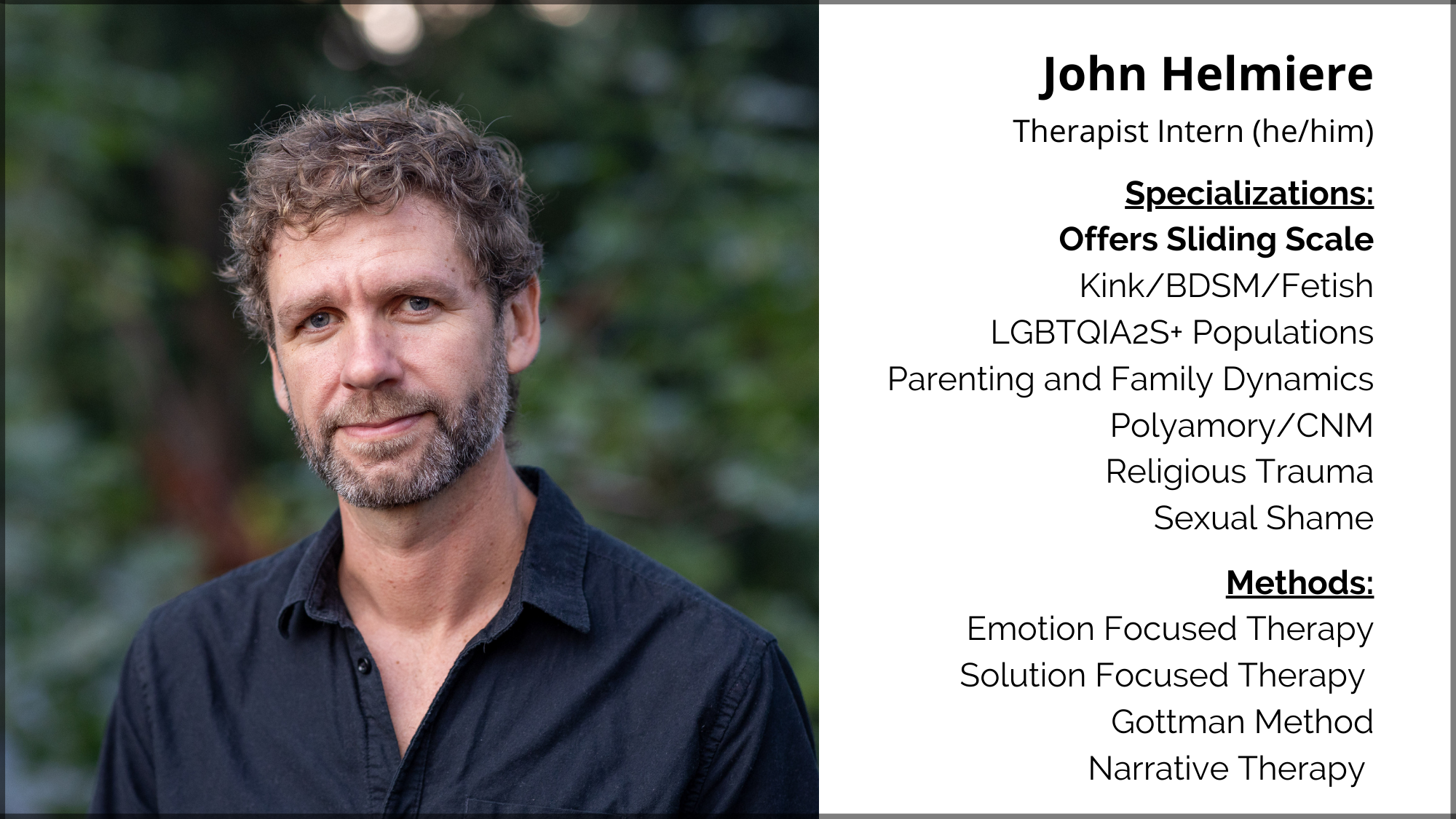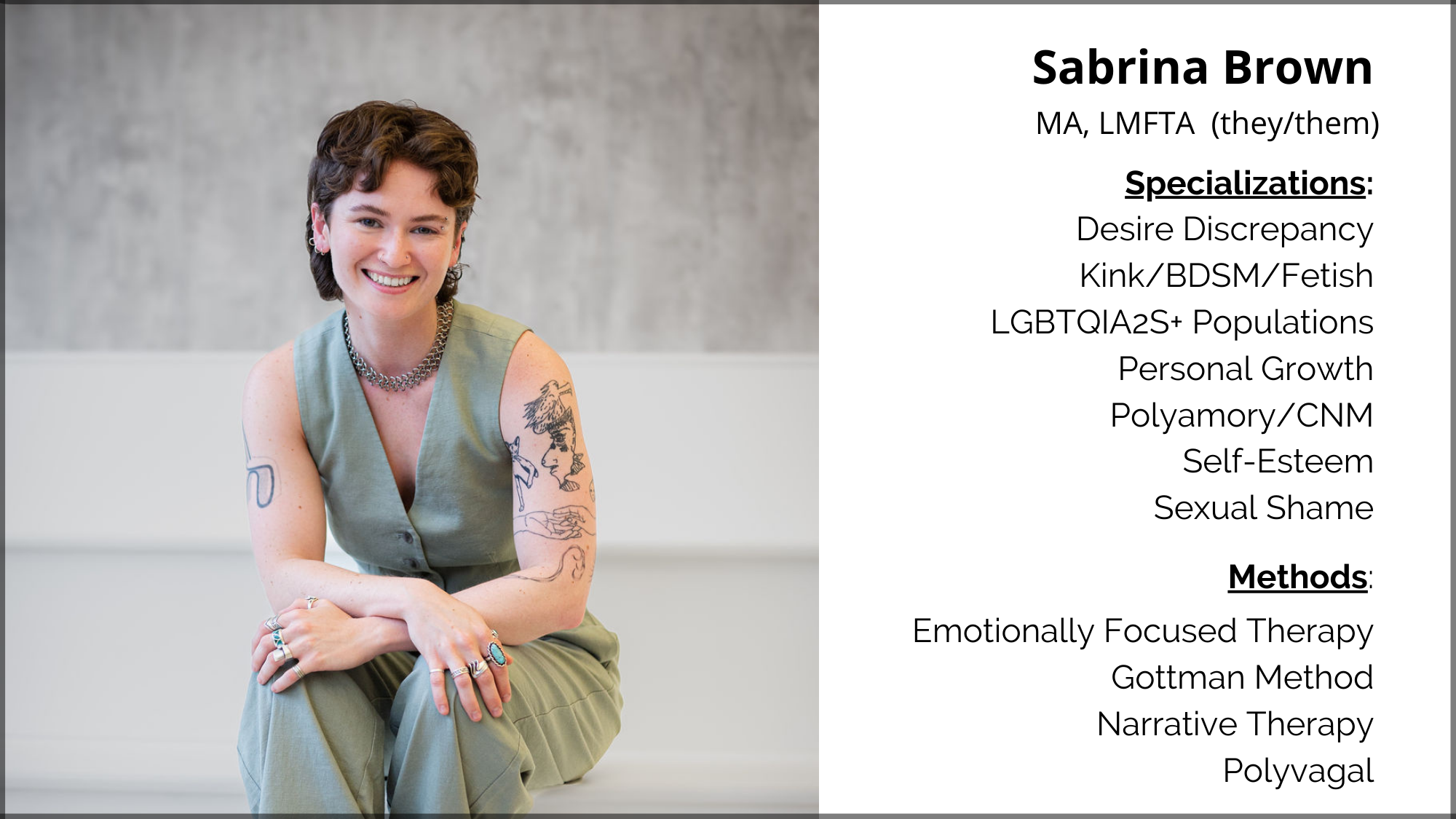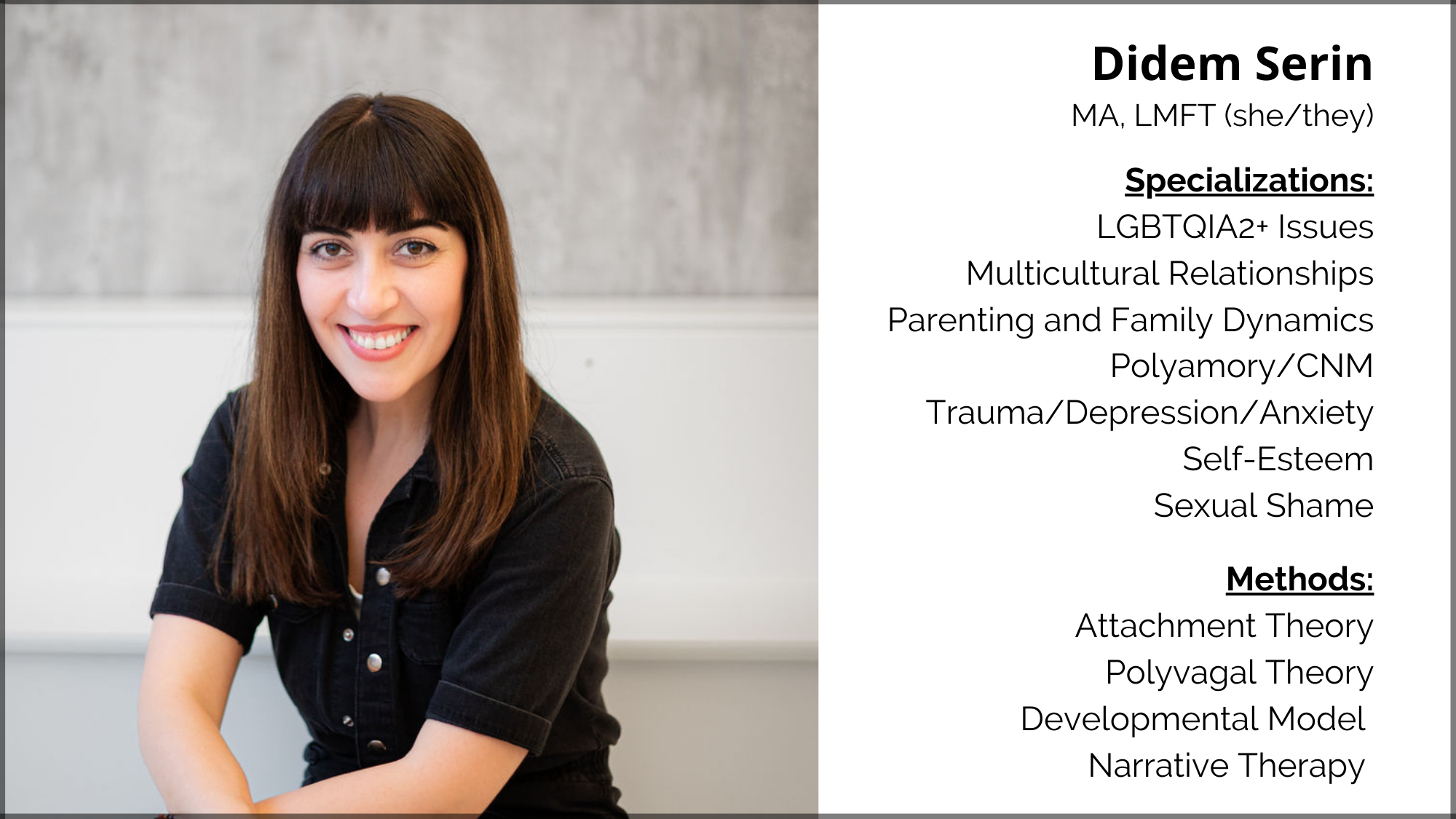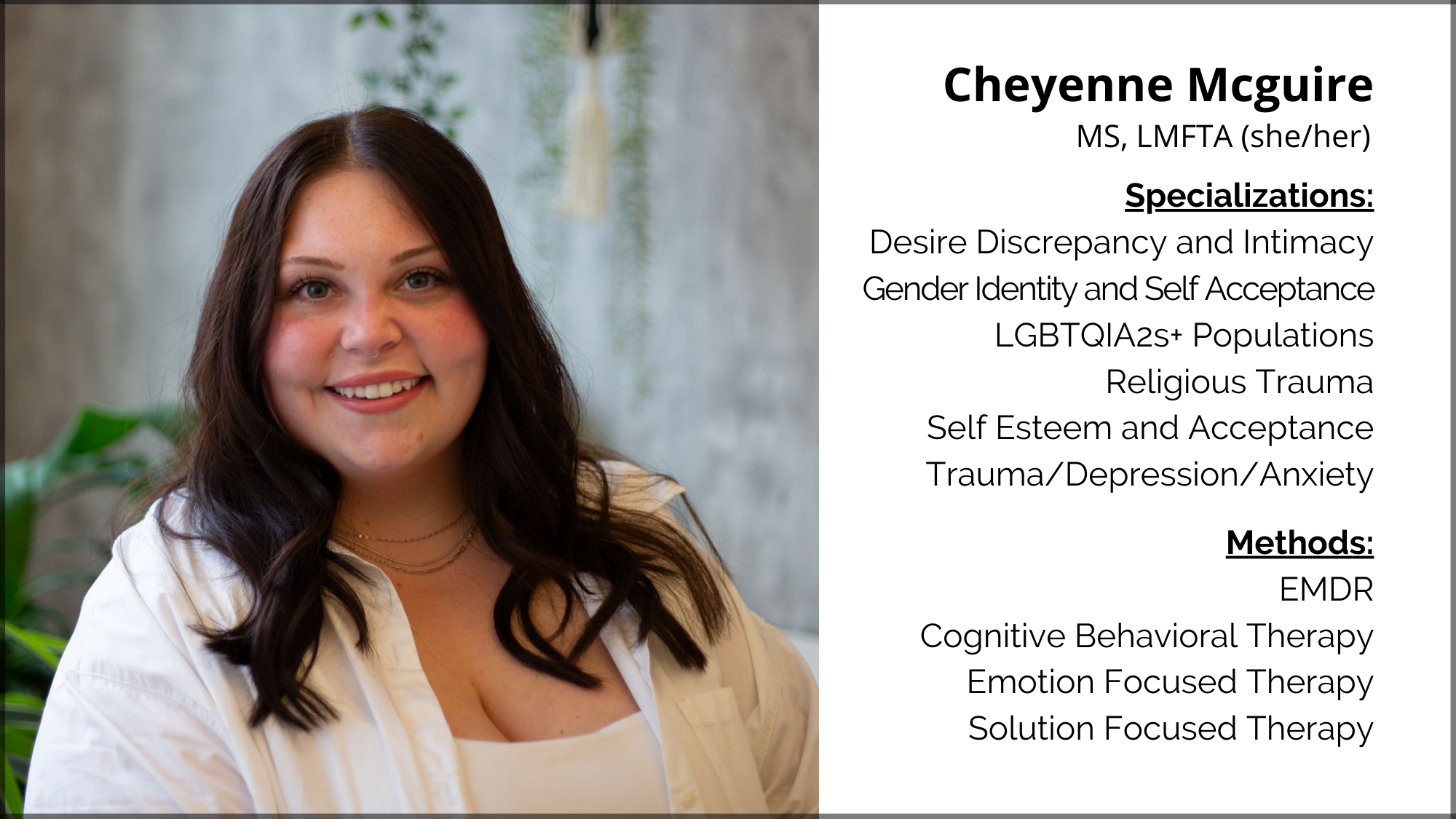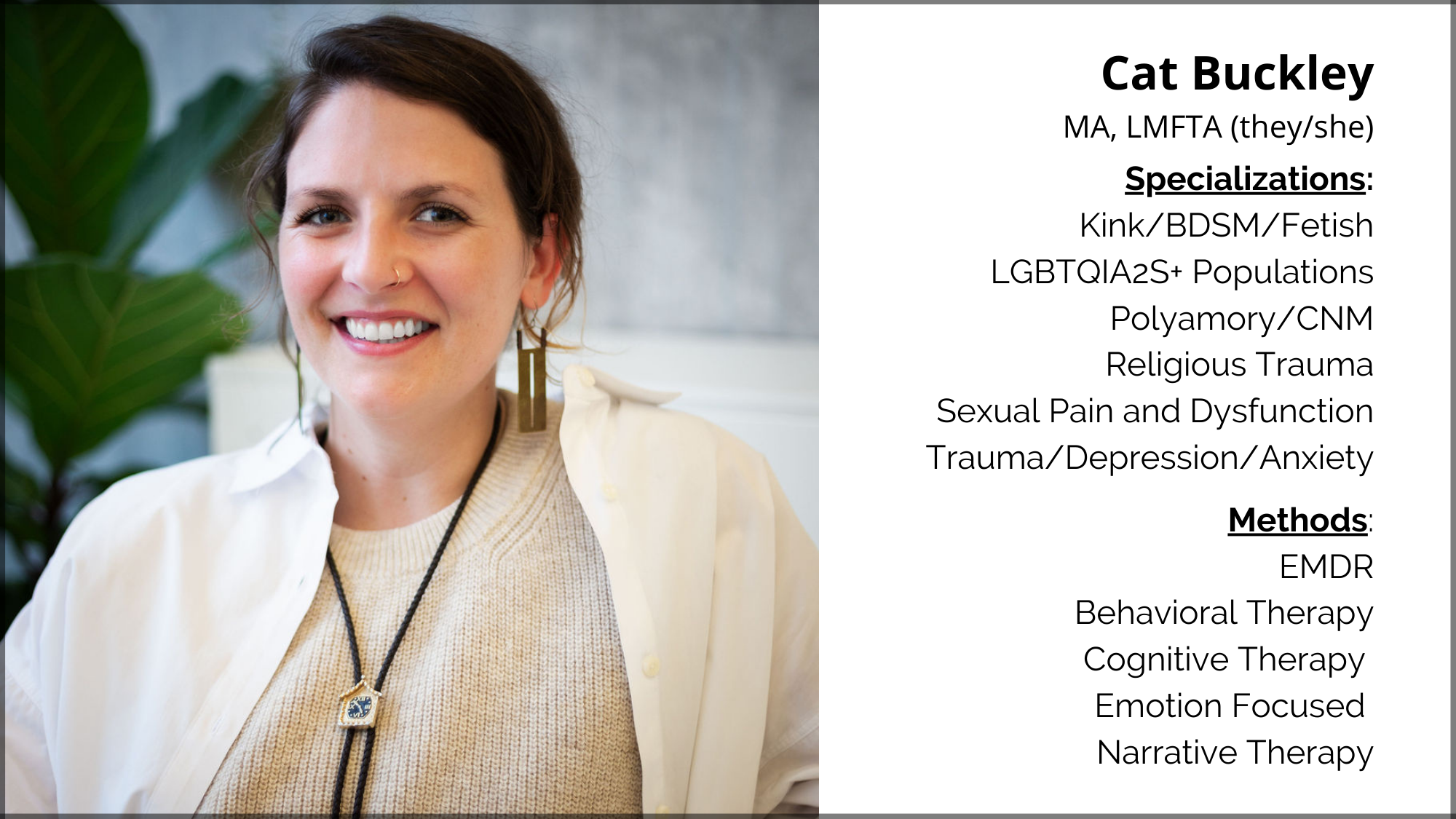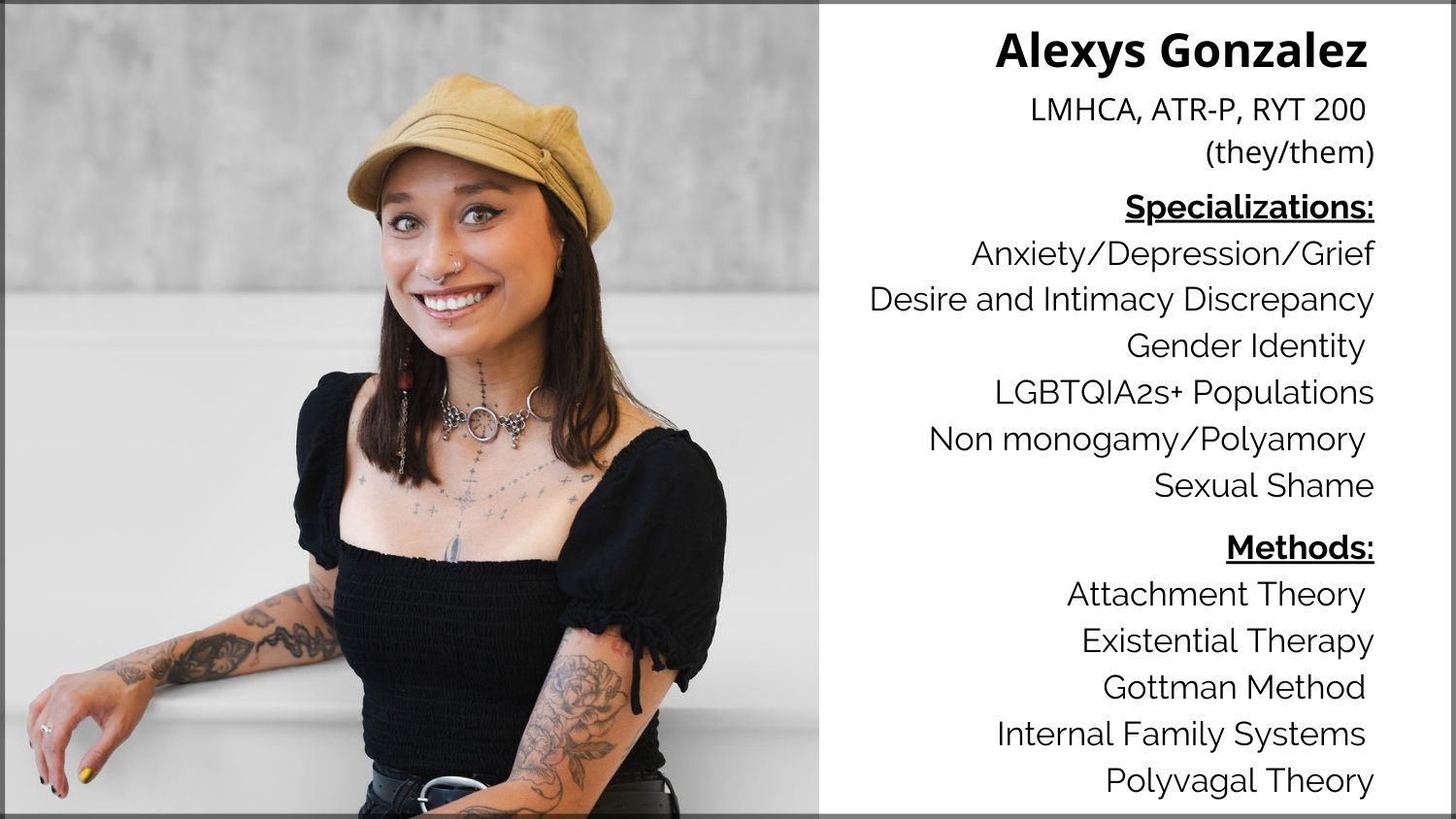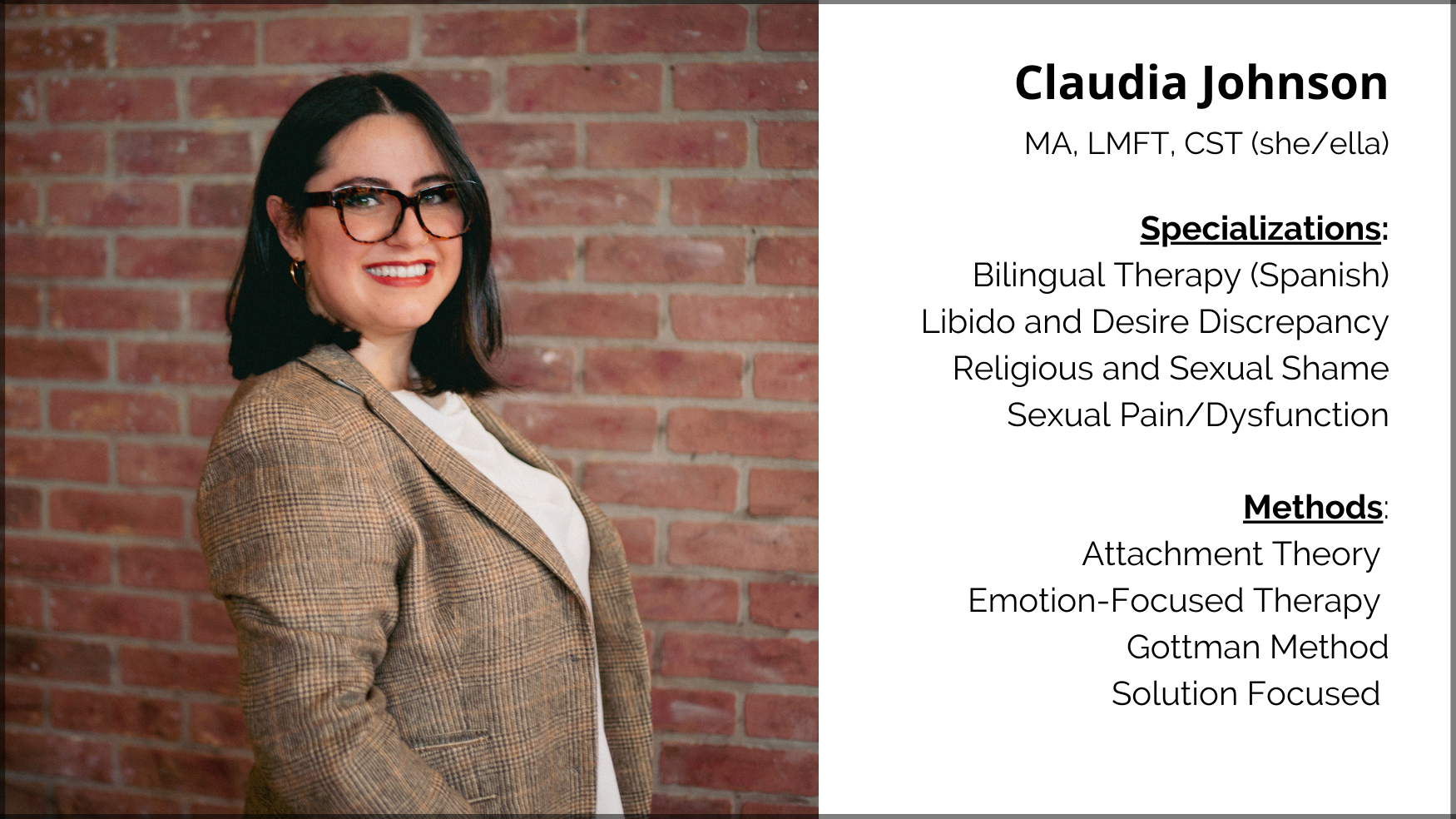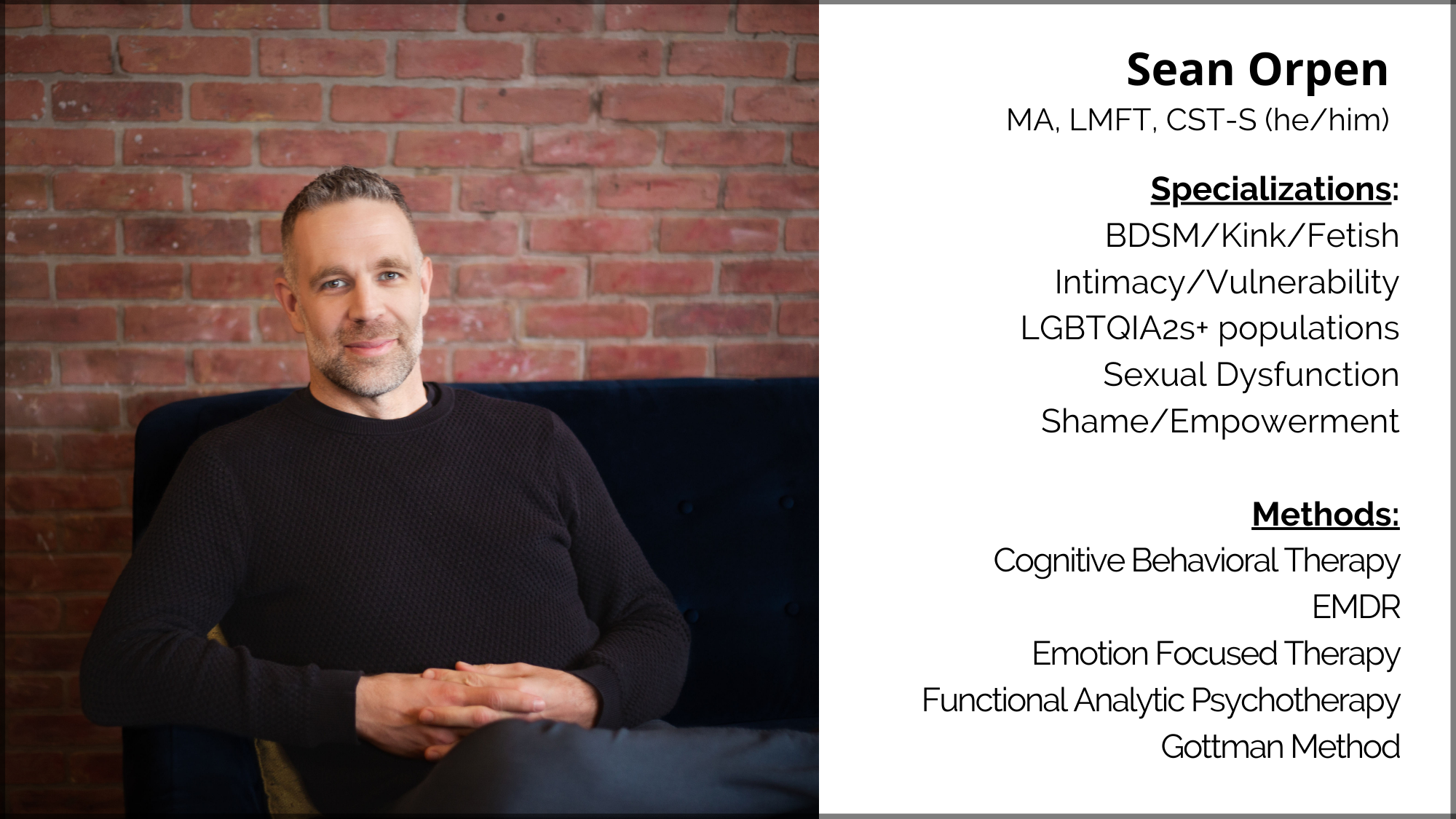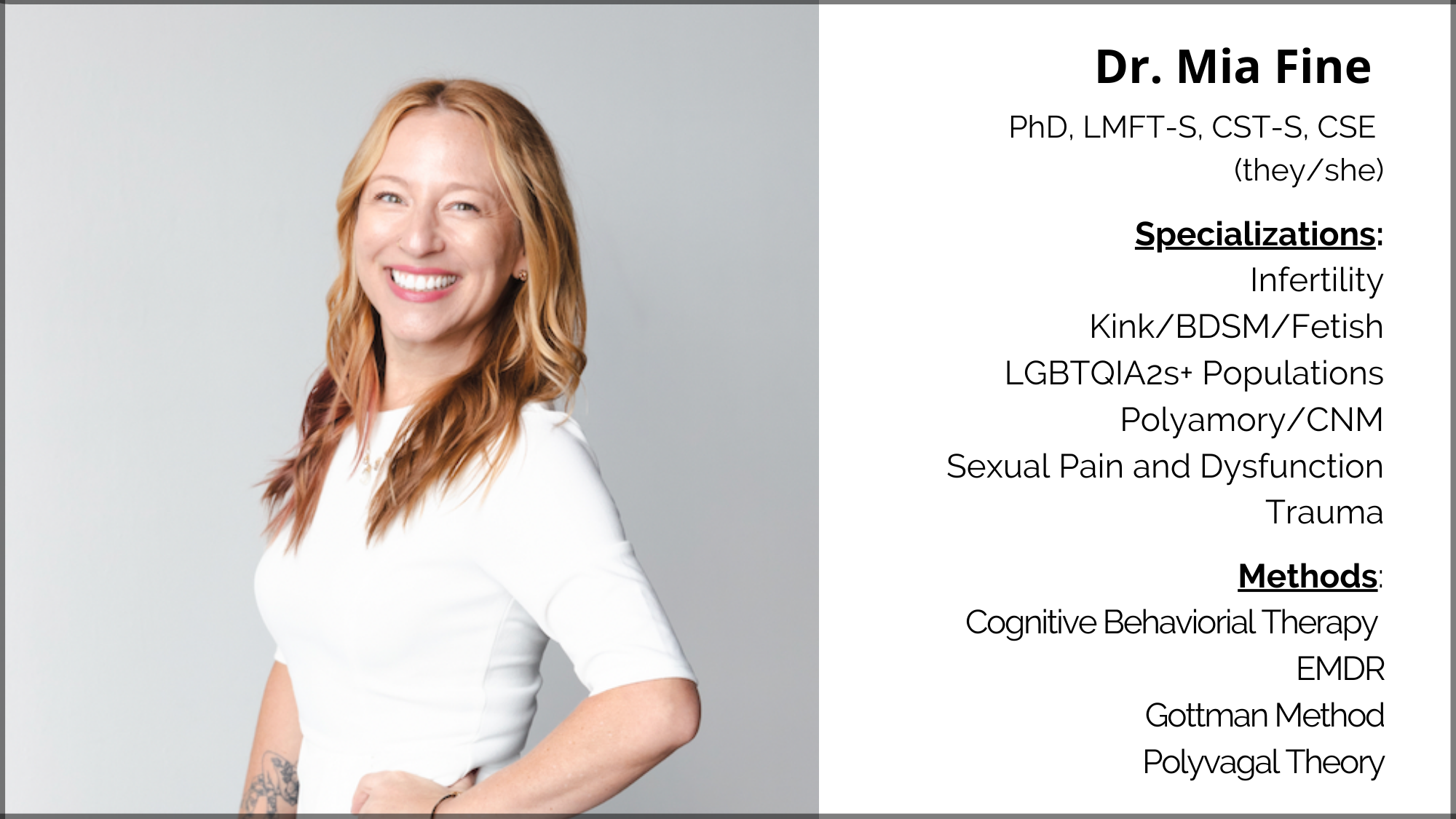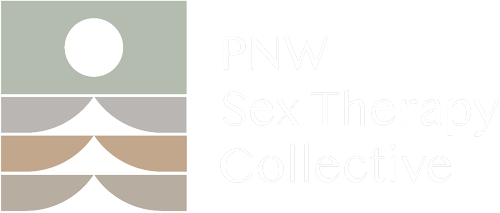About Us
About The Collective
collective, where inclusivity is paramount, diversity is celebrated, and our work considers the needs of those we serve.
Our Values
Humility, Curiosity, Celebration of Diversity,
Collaboration, Integrity, Commitment to our Field,
Continuous Self-Growth, Reflection,
Inclusion and Self-Awareness.

What is an AASECT certification?
Certification by AASECT as a sexuality educator, sexuality counselor or sex therapist is a crucial step in one’s professional advancement, demonstrating to all that stringent requirements for training and experience have been met. AASECT offers certification of sexual health practitioners in four categories: sexuality educator, sexuality counselor, sex therapist and supervisor. For the vast majority of professionals in healthcare and human services, certification is a prerequisite to practice. AASECT credentials sexual health professionals on the basis of rigorous standards for academic preparation, supervised training and consultation, field-related experience and applied skills.
Requirements such as academic degrees, specific core subject areas and clock hours of education and field-related experience and training are identified for each category of certification. Field experience and practical application of skills and competencies carried out under trained and approved supervision or consultation are crucial aspects of certification.
Applicants must substantiate completion of certification requirements with academic transcripts and other formal documentation, and must also undergo peer review of their credentials.
